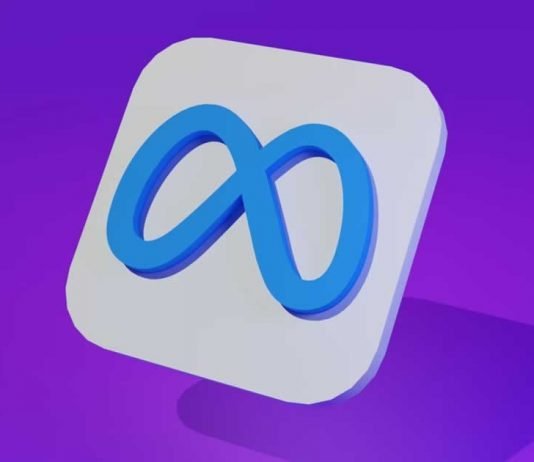That friendly robot voice answering your questions on Facebook and Instagram may sound original, but it could be parroting your own words right back at you.
Meta revealed that its newly unveiled AI assistant was trained on billions of public posts from the company’s social platforms. So when you chat with the virtual assistant, it’s essentially remixing snippets of writings and ramblings from Meta’s over 3 billion users.
This user-spun training data is powering the new AI rollouts across Meta’s apps. So your old photos, check-ins, comments and hashtags may be ingredients in the computer cocktail responding to your inquiries.
Some may find it clever, others creepy, that Meta’s AI echoes its users’ digital footprints back at them. But legally, Meta appears in the clear. Public posts are fair game, while private content is off-limits.
Other tech titans also parrot users to educate their AI. Elon Musk is similarly schooling his AI using old tweets. Google, too, admits its bots slurp up public user posts.
As virtual assistants get uncannily chatty, ethical complexities unfold. The line between machine creativity and regurgitated user content blurs. And when AI like Meta’s goes awry, who’s to blame: the algorithm or the people whose writings trained it?
This user content-powered AI marks a new chapter in tech’s tightrope walk between innovation and ethics. As their robotic creations echo users more literally than ever, companies must balance progress and principles even more carefully.


